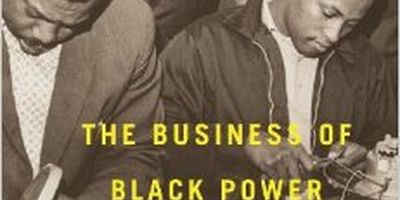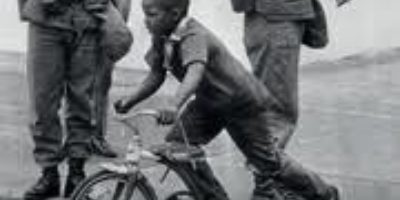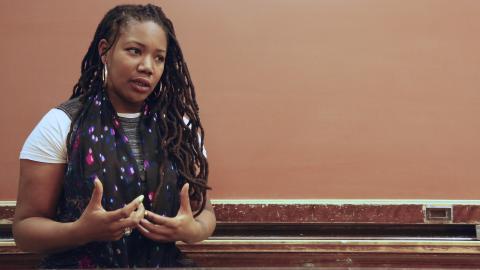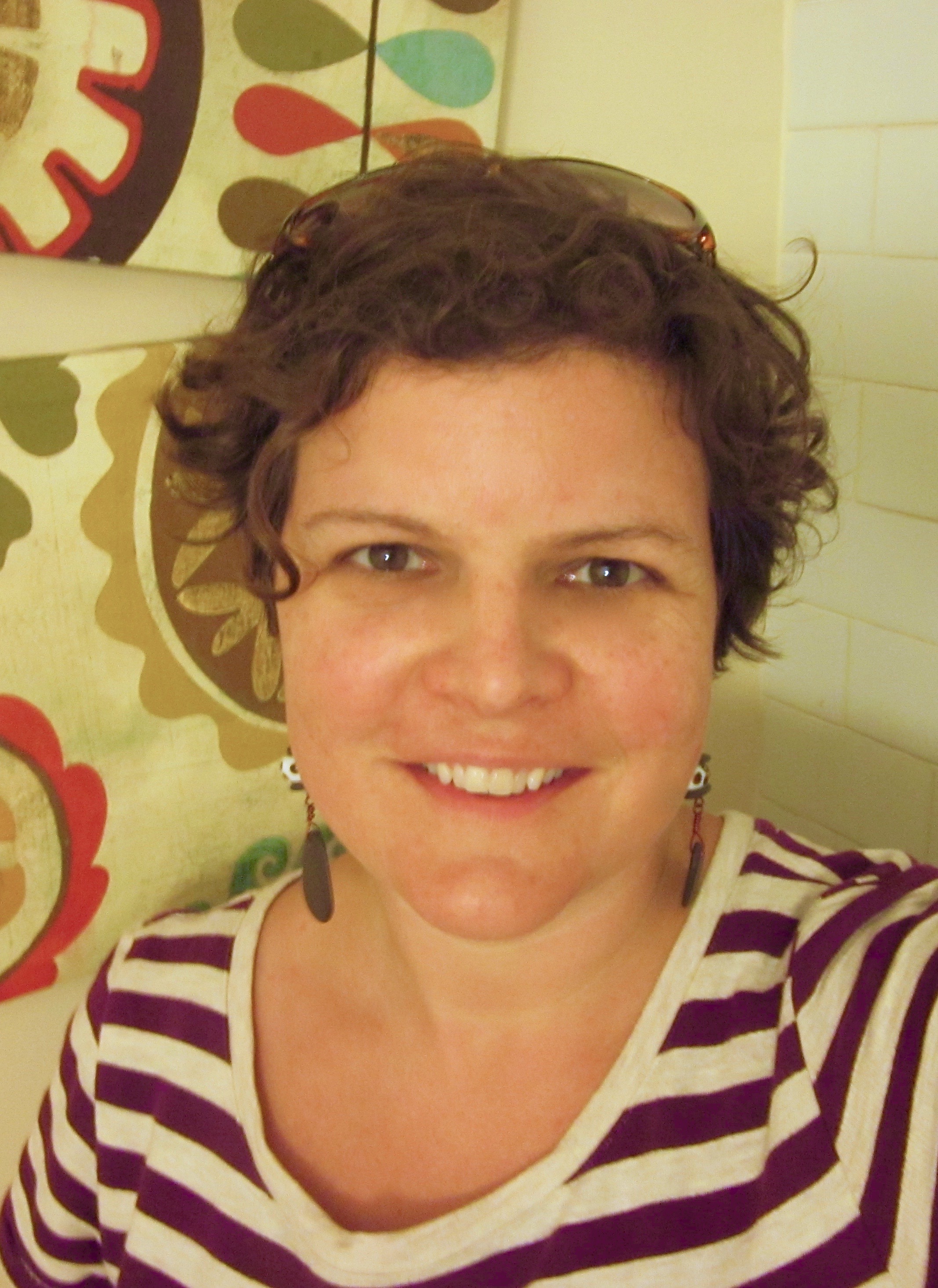Mar 01
Revisiting the Uprisings of the 1960s


Description
There have been hundreds of urban uprisings against police brutality, followed by Black Power Politics, and Stop Killer Cop campaigns. During the first wave of unrest, there were 329 major rebellions in 257 cities. After Dr. King’s assassination on April 4, 1968, there were another 200 uprisings in 172 cities. In the aftermath of those rebellions, Black Power organizations formed to fight racism, colonialism, and poverty. Several experts will discuss the new generation of research on the legacy of those urban uprisings.
Speakers
-

Aliyah Dunn-Salahuddin
City College of San Francisco
Professor Dunn-Salahuddin has been teaching at City College of San Francisco since 2012. She strongly believes that the classroom can be a transformative space where one can begin to change the circumstances of their life through education. As a field, American History has historically excluded the experiences of many groups within the United States; it is important to include those voices and experiences rendered invisible. Learning ones history translates into knowledge of self, and knowledge of self ultimately equals power.
-

Laura Warren Hill
Binghamton University
Laura Warren Hill currently serves as an Associate Professor of Human Development in the College of Community and Public Affairs at Binghamton University. She is the author of Strike the Hammer: The Black Freedom Struggle in Rochester, NY, 1940-1970, the co-editor of The Business of Black Power: Community Development, Capitalism and Corporate Responsibility in Postwar America, and the author of several articles on Malcolm X's relationship with the Rochester, NY community. Dr. Hill is a co-founder of the Upstate New York Policing Research Consortium (UNY-PRC) which seeks to create greater accountability in policing through research and action in upstate New York communities. Her current project examines the life and times of Betty Tyson, a Rochester woman who spent 25 years in New York's Bedford Hills for a murder she did not commit before she was exonerated and released in 1998.
-

Peter Levy
York College of Pennsylvania
-

Rosie Uyola
Rutgers University
Rosie Jayde Uyola is an independent scholar, K-12 teacher, documentary filmmaker, and researcher of memory, commemoration, and Black Life and Culture. They are an alumnae W.E.B. Du Bois Institute NEH Fellow (Harvard University, 2013) and currently developing digital humanities projects at Princeton University. Rosie’s publications include “Memory and the Long Civil Rights Movement,” in The Seedtime, the Work, and the Harvest: New Perspectives on the Black Freedom Struggle in America (University of Florida Press, 2018), “The Digital City: Memory, History, and Public Commemoration,” in Ácoma International Journal of North-American Studies, Italia (2015), “Home Sweet Home - Race, Housing, and the Foreclosure Crisis,” in The War on Poverty: A Retrospective (Lexington Books, 2014), “Race, Empire, and the Rise of the Mortgage Industrial Complex,” in The Newark Experience Digital Archive (Rutgers University Libraries, 2013), and “Women in the Black Freedom Movement,” School Series Production of Harriet Tubman, New Jersey Performing Arts Center (NJPAC, 2008). Their expertise and research interests include urban culture,
race and public art, and oral history.